Fieldwork
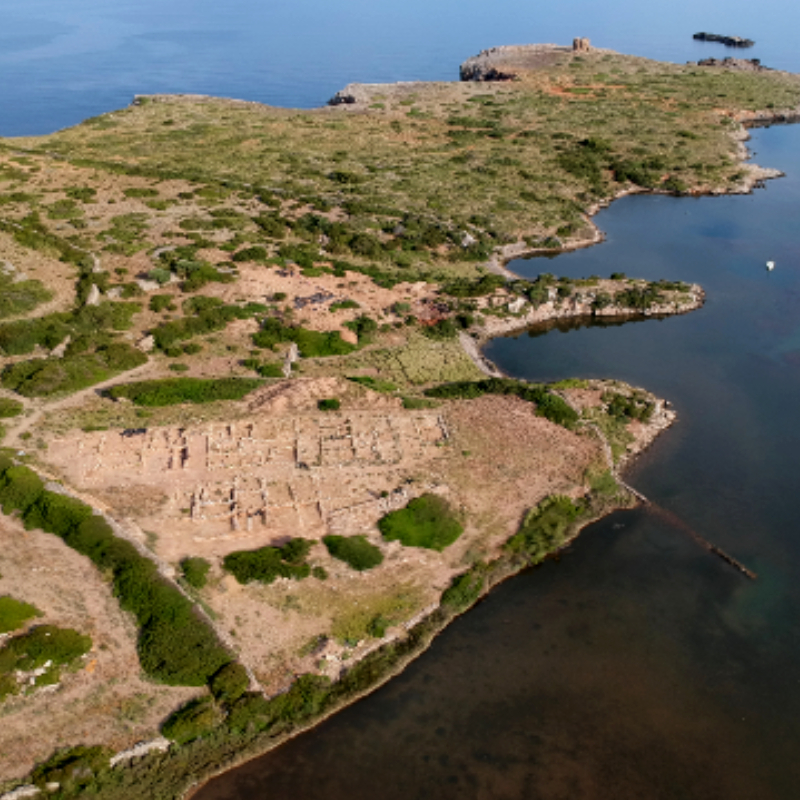
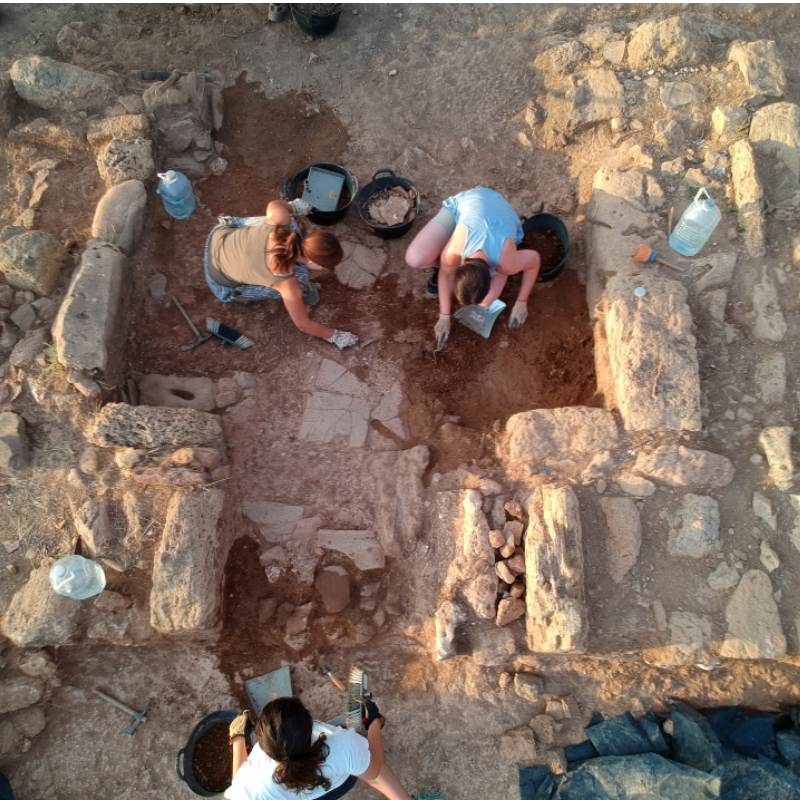
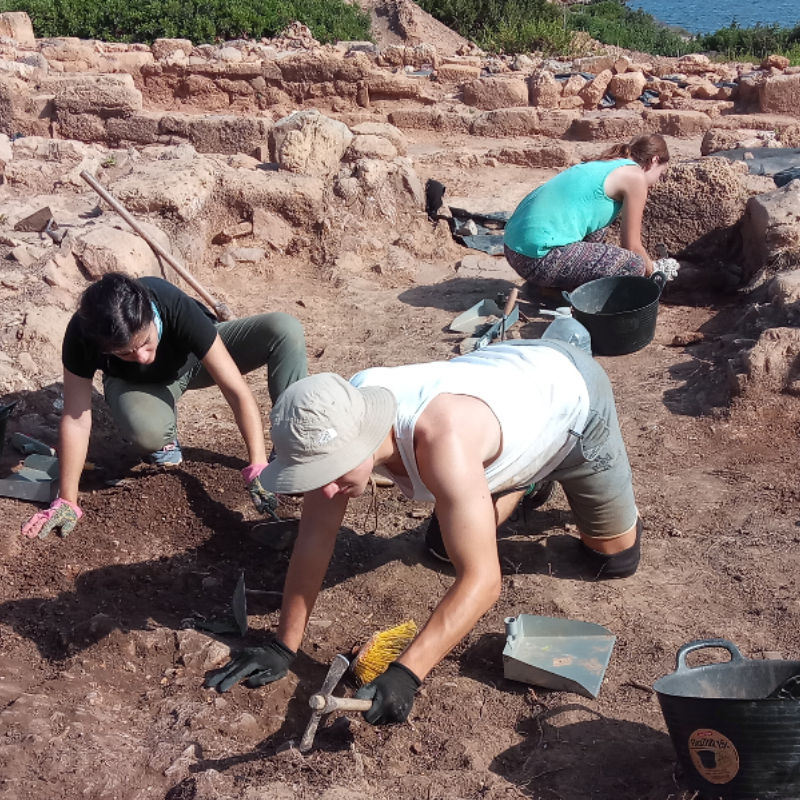
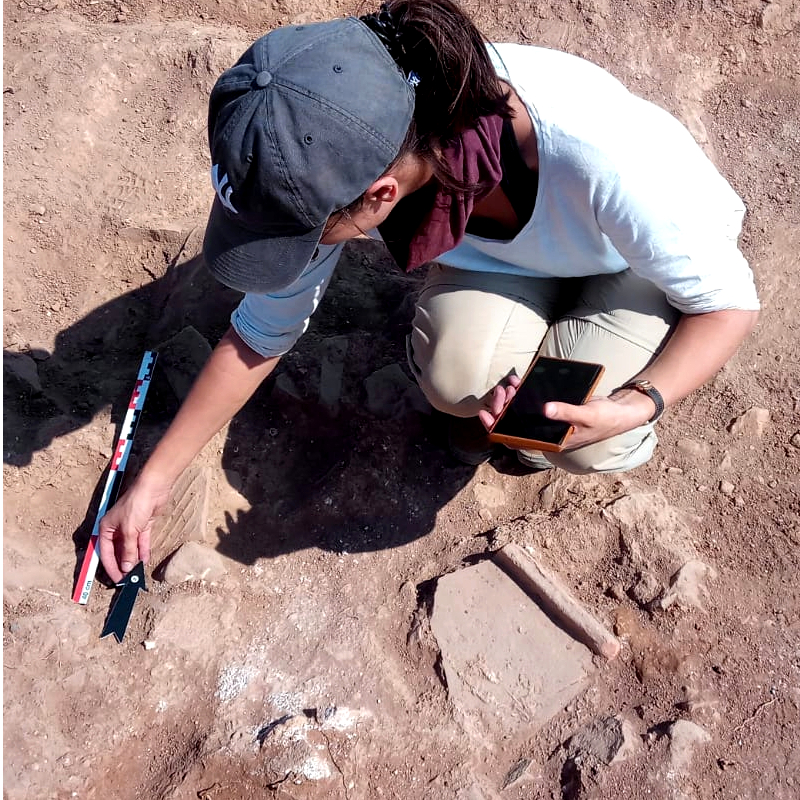
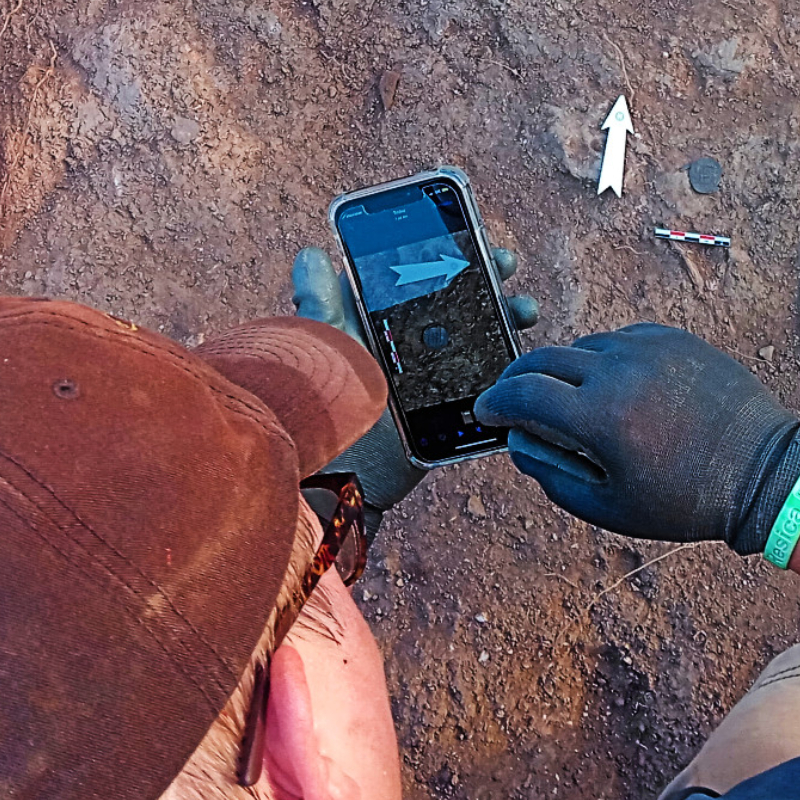
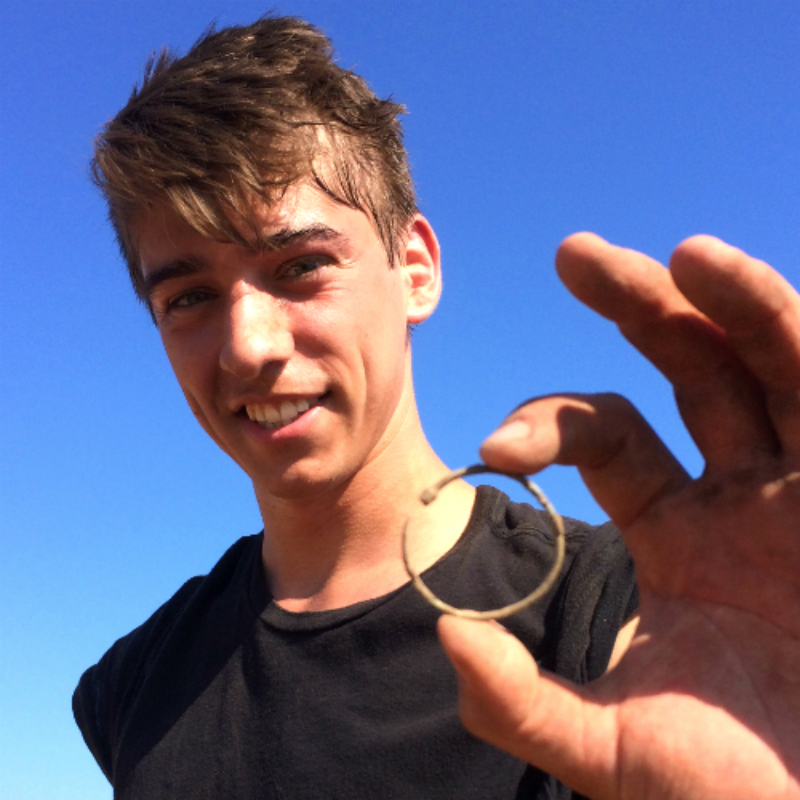
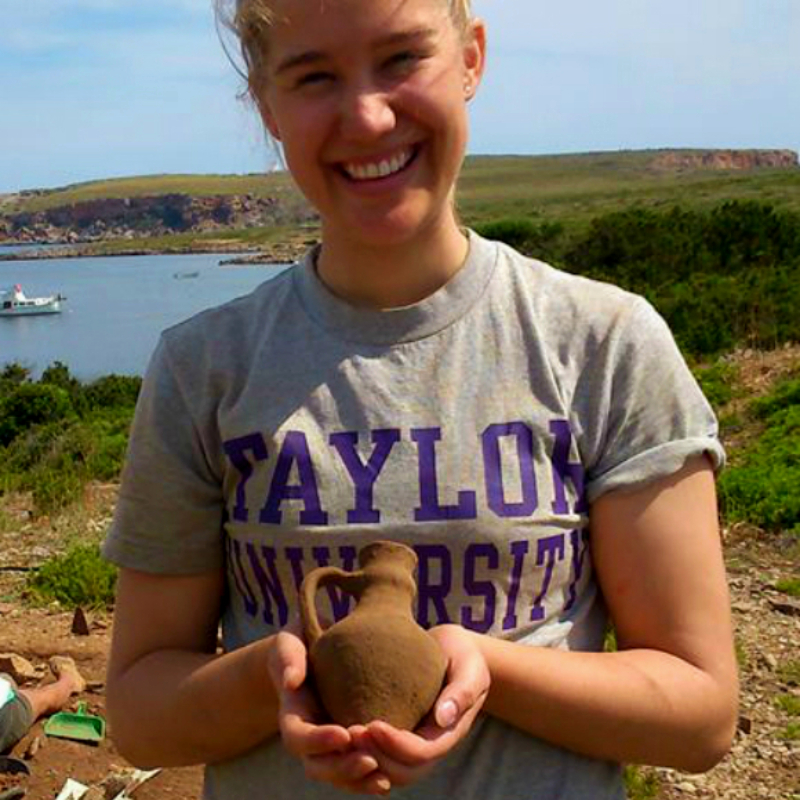
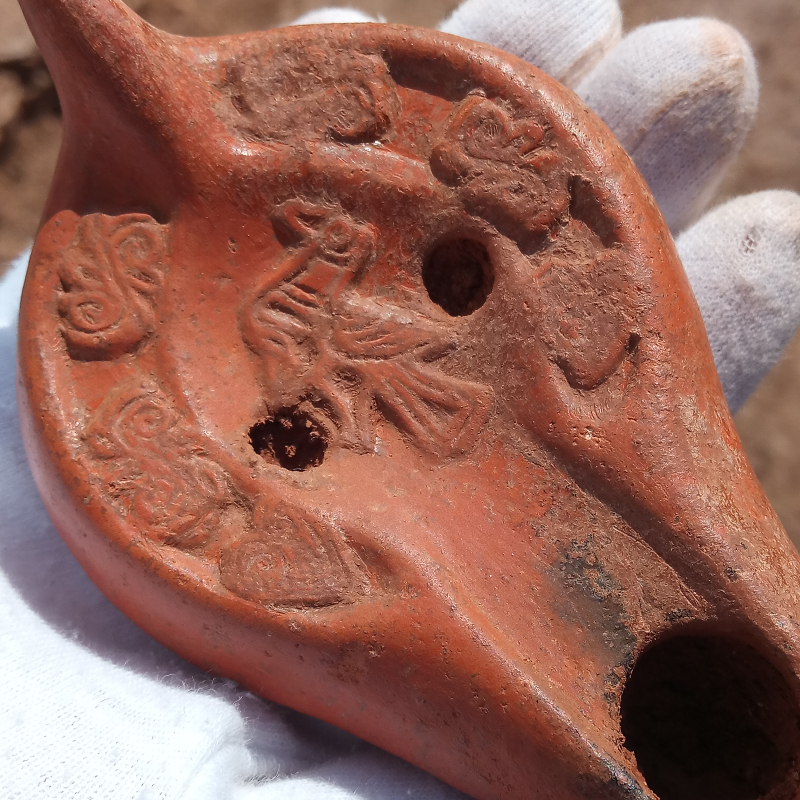
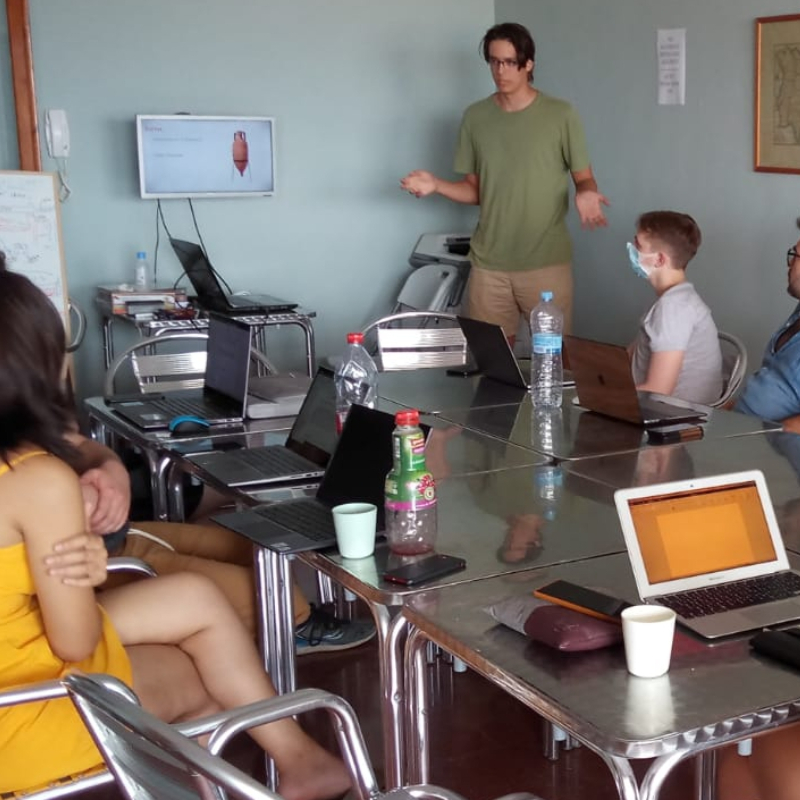
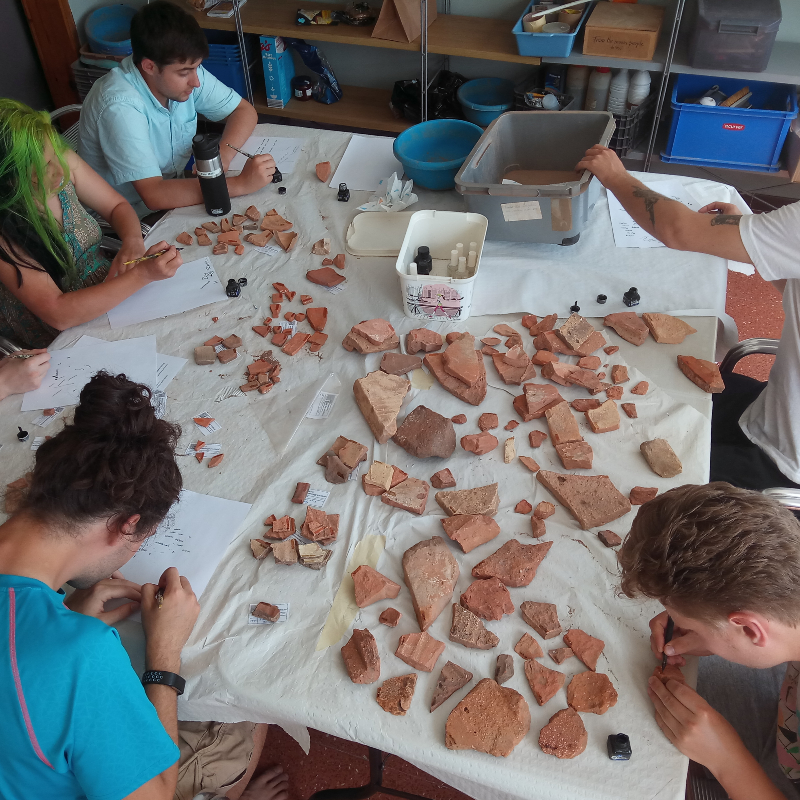
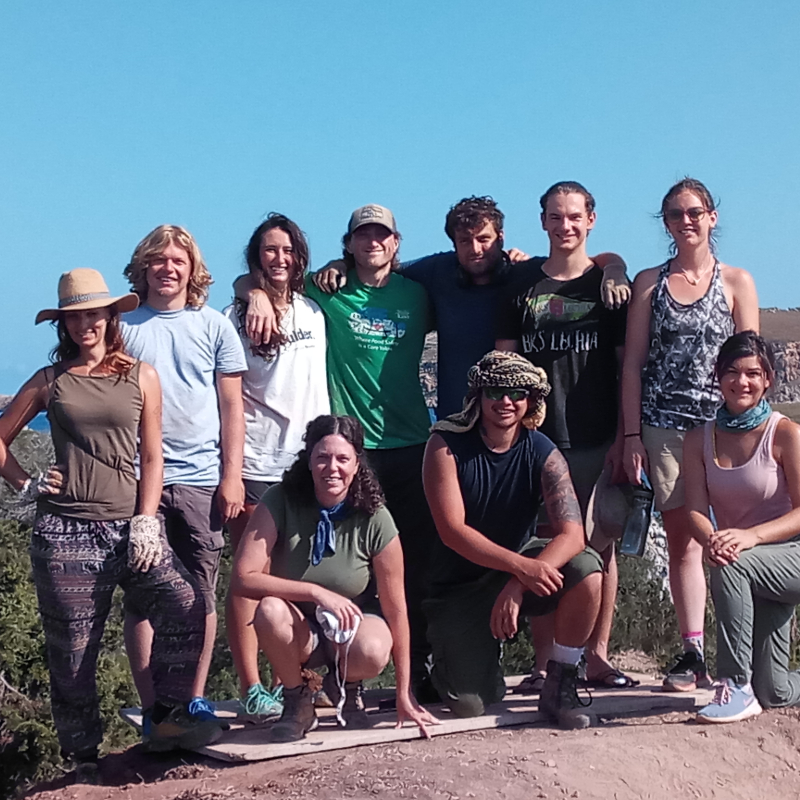
Location: 339P+PW Platges de Fornells, Spain
Season: August 1, 2024 to October 30, 2025
Session Dates: Session #1 | 2025 April 12 – April 27 $ 1400 ___ Session #2 | 2025 May 01 – May 16 $ 1600 ___ Session #3 | 2025 May 19 – June 03 $ 2000 ___ Session #4 | 2025 June 06 – June 21 $ 2000 ___ Session #5 | 2025 June 26 – July 11 $ 2200 ___ Session #6| 2025 July 14 – July 29 $ 2200 ___ Session #7 | 2025 August 01 – August 16 $ 2000 ___ Session #8 | 2025 August 19 – September 03 $ 1700 Session #9 | 2025 September 06 – September 21 $ 1700 ___ Session #10| 2025 September 24 – October 09 $ 1700 ___ Session #11| 2025 October 12 – October 27 $ 1700 ___ Session #12| 2025 October 30 – November 10 $ 1500. *If you sign up for two sessions in a row (32 days) that take place in Menorca (Balearic Island, Spain), the days between sessions (3 or 4 days) you will have the accommodation for free.
Application Deadline: October 30, 2025
Deadline Type: Contact for Details
Website: http://archaeology.institute/006-dig-in-the-roman-city-of-sanisera.asp
Program Type:
Field School, Volunteer
RPA Certified:
No
Affiliation:
Sanisera Archaeology Institute for International Field Schools
Project Director:
Fernando Contreras Rodrigo (Lleida. Spain - 1967)
Director of the excavations at Sanitja and of the Ecomuseum de Cap de Cavalleria since 1997. President of the association "Sa Nitja. Gestión del Patrimonio Mediterráneo" founded in 1993. He obtained the Prize Fundació "la Caixa" in 1992: "Revalorització Ciutats Romanes de Catalunya i Illes Balears". FPI U.A.B. Internship 1991-95. His research fields are: Romanization in Minorca; Archaeological software; Cultural management; Museum development for the heritage of Sanitja and the Cap de Cavalleria. Director of the excavations in Mago (Pla Mirall, 2000-2002), Iamo (Correos, 1999), and Sanisera (Prospection 1993-1995, Excavation 1996-1998). His projects involving Minorca's cultural heritage include: Defense Tower in Fornells (CIM – 1996), Ecomuseum de Cap de Cavalleria (Leader II – 1997), Cavalleria Lighthouse (Futures – 1998).
You can see: https://www.linkedin.com/in/fernando-contreras-archaeology-conservation-cultural-tourism-heritage-archaeological-mission-school/
Project Description:
In 2008 Sanisera Archaeology Institute for International Field Schools started its courses at the Roman city of Sanisera. During all these years many students have come from all over the world to study abroad to Menorca (Balearic Islands, Spain) in order to dig up the Roman remains located at this classical site on the Northern coast of the island. Visit and See more: https://www.youtube.com/channel/UCXRx_MwBa-Lfyk8U4hFlBzA
The research is focused on the archaeological excavation of Sanisera and it studies what happened in this Roman port connected to the maritime traffic that sailed the Mediterranean during those times. As a result, we know that this is a very interesting archaeological site, with abundant findings of multiple objects that will help us to reconstruct its past. Visit and see more: https://www.youtube.com/watch?v=ztTVf-KDpzM
Directed at
The training provided in this course and the experience you can acquire can strengthen you if you are thinking about archaeology in a professional level.
If you are contemplating for the first time to be a volunteer in an archaeology field school, this course could be right for you. This program accommodates participants with or without previous experience.
You can learn from the beginning excavation techniques and methodology. During the excavation you will find archaeological remains from the classical period including Roman pottery, amphorae, glass, etc. that you will learn how to identify in the laboratory.
The comprehensive experience that you will gain in this course will help you to decide if you want to pursue archaeology in university or as a profession.
Field School life & language
The fieldwork focuses on Classical archaeology, and specifically on Roman archaeology.
On a normal working day at the Field School, students wake up in the morning and have breakfast at the students’ residence before the staff members pick them up with the vans. Then we take a ride to the North of the island to get to the beautiful port of Sanitja, where the Roman city of Sanisera is located. Once there, students devote 4 hours to fieldwork, where they learn proper excavation techniques to improve their skills, while they dig in different buildings in an area of the city very close to the sea.
During fieldwork students recover the materials located in the rooms and other contexts, including tons of Roman ceramics such as amphorae and fine wares, glass wares, fauna remains and metal pieces such as adornments, tools and coins.
After fieldwork we go to the Field School center, where students have a sandwich break to get some energy back! Our center holds the laboratories, where students work with the Roman pottery found on site. The main aim is to wash, label, classify and prepare the materials’ inventories. Also students are given lectures on Roman pottery typologies (both for amphorae and fine wares), History of the site, archaeological practice and methodology and Classical History in the Western Mediterranean.
Digging at the Roman city of Sanisera is a first-hand experience to get an insight on the Classical world in a Mediterranean island.
It runs 7 hours a day, and is divided between excavation, lab work, exercises, and lectures. For every seven course days, there are two days off. The course is taught in English.
Spaces available
The course is limited to 14 participants per session. Reservations are only effective when payment of the registration fee is received. If for any reason the course is cancelled, payment is returned according to the field school refund policy.
Cost & Sessions
From 1000 $ session. ***If you sign up for two sessions in a row (32 days) that take place in Menorca, the days between sessions (3 or 4 days) you will have the accommodation for free.
| Sessions | Dates | Cost |
| Session #1 | 2025 | April 12 – April 27 | $ 1400 |
| Session #2 | 2025 | May 01 – May 16 | $ 1600 |
| Session #3 | 2025 | May 19 – June 03 | $ 2000 |
| Session #4 | 2025 | June 06 – June 21 | $ 2000 |
| Session #5 | 2025 | June 26 – July 11 | $ 2200 |
| Session #6 | 2025 | July 14 – July 29 | $ 2200 |
| Session #7 | 2025 | August 01 – August 16 | $ 2000 |
| Session #8 | 2025 | August 19 – September 03 | $ 1700 |
| Session #9 | 2025 | September 06 – September 21 | $ 1700 |
| Session #10 | 2025 | September 24 – October 09 | $ 1700 |
| Session #11 | 2025 | October 12 – October 27 | $ 1700 |
| Session #12 | 2025 | October 30 – November 10 | $ 1500 |
Elementary information:
Period(s) of Occupation: The excavation at the Roman city of Sanisera provides all the archaeological documentation necessary for the student to acquire enough training and experience in all aspects surrounding an excavation of the Roman civilization from the II century B.C. to the VI A.D.
Notes:
Certificates
At the end of the Field Program, students will receive a certificate of participation stating the hours and activities of the course. Participants that perform exceedingly well in the course may receive a letter of recommendation from our organization upon request.
Project Size: 1-24 participants
Minimum Length of Stay for Volunteers: 16 days
Minimum Age: 18 and young students between 16 and 18 years old can apply with special permission from their parents.
Experience Required: Previous knowledge or experience in archaeology.
Room and Board Arrangements:
Course fee
• Course tuition.
• Daily transportation to/from the archaeological fieldwork.
• Accident insurance at the site.
• Certificate of participation.
• Visits to museums and archaeological heritage of the island. It is also possible to visit places of charm and beaches.
• Accommodation in the Student Residence in Ciutadella. Rooms separated by sex provided with air conditioning for the summer season and heat pump for the fall and winter months.
• The rooms in the residence have air conditioning.
• In case of needing to process Schengen Visa the mandatory letter of invitation will be written so you can travel
Airfare not included from the student home to/from Menorca (Spain).
Meals are not included, although we will recommend some cafés and restaurants that do not exceed the average of 23 € /day in meals.
* If you sign up for two sessions in a row (32 days) that take place in Menorca, the days between sessions (3 or 4 days) you will have the accommodation for free.
Academic Credit:
http://archaeology.institute/sanisera-archaeology-institute-petition-for-credits.asp
Fernando Contreras Rodrigo
Apdo. 68
Es Mercadal
Menorca, Balearic Island
07740
Spain
Phone: +34 608894650 whatsapp too
The AIA is North America's largest and oldest nonprofit organization dedicated to archaeology. The Institute advances awareness, education, fieldwork, preservation, publication, and research of archaeological sites and cultural heritage throughout the world. Your contribution makes a difference.
Notifications